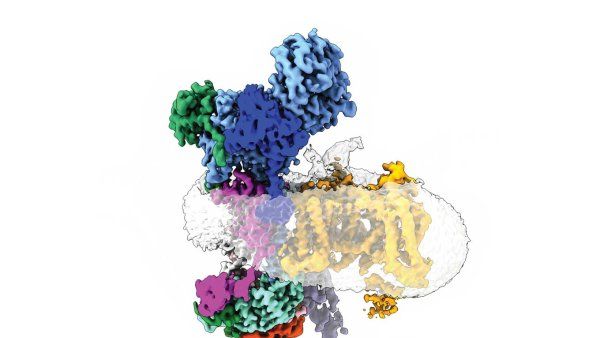Which Skin Care Products Do We Really Need?
Skin care is big business, but does it truly take a cabinet full of pricey products to keep our skin healthy?
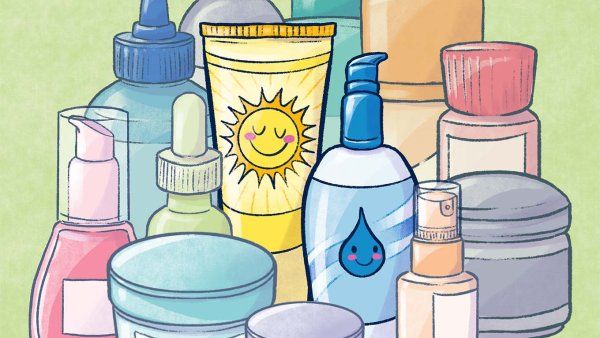
University of California San Francisco
Give to UCSFSkin care is big business, but does it truly take a cabinet full of pricey products to keep our skin healthy?

UCSF infectious disease specialist Michael Peluso, MD, who co-leads one of the world’s oldest studies of long COVID, discusses the condition’s mysteries.
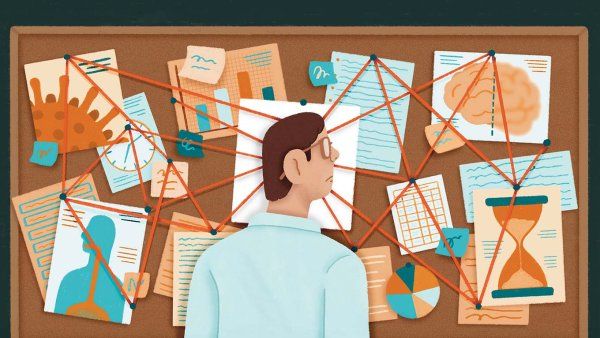
UCSF’s Nevan Krogan, PhD, is taking aim at the world’s deadliest diseases by uniting scientists and the biomedical industry to speed treatments.
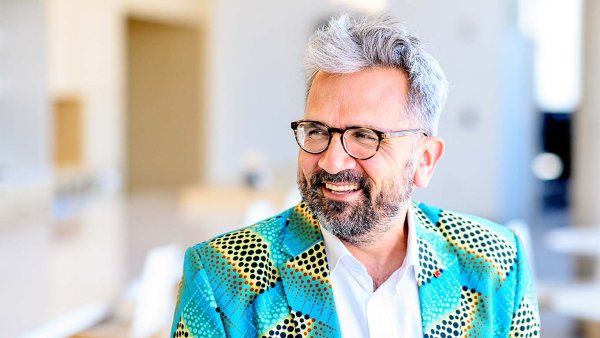
In a breakthrough, “HT” became the first person in the world to receive gene-corrected stem cells for Artemis-SCID.
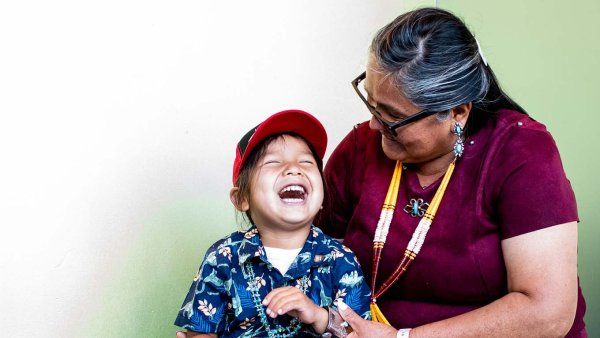
Tippi MacKenzie is leading grounbreaking clinical trials of therapies aimed at stopping fetuses from developing devastating disorders.
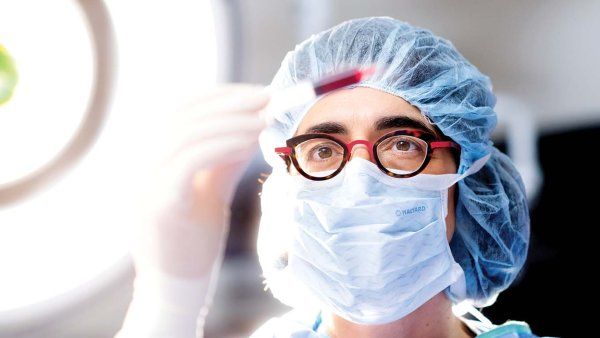
The advent of cheap, easy-to-use blood tests for Alzheimer’s disease has the potential to revolutionize diagnosis and treatment. But they also raise difficult questions that the field is only beginning to consider.
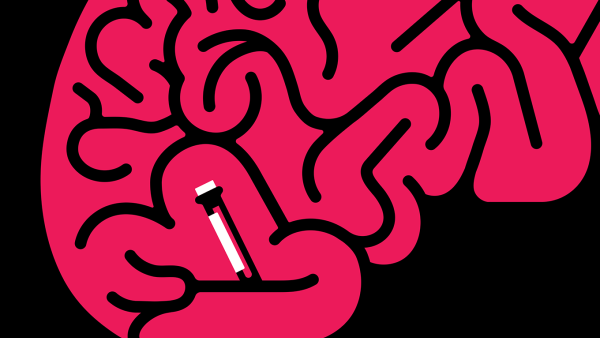
Engineered immune cells. Supercharged scans. Drug implants. Gene manipulators. Blood biopsies. Read how these breakthroughs are transforming cancer care.
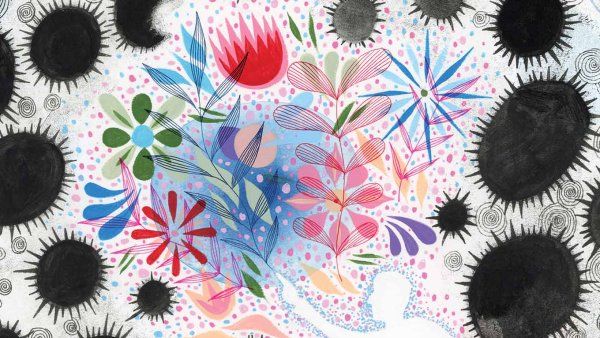
Heather Hervey-Jumper, MD, became director of UCSF’s Program in Medical Education for the Urban Underserved (PRIME-US) last summer to do work that inspires and sustains her.
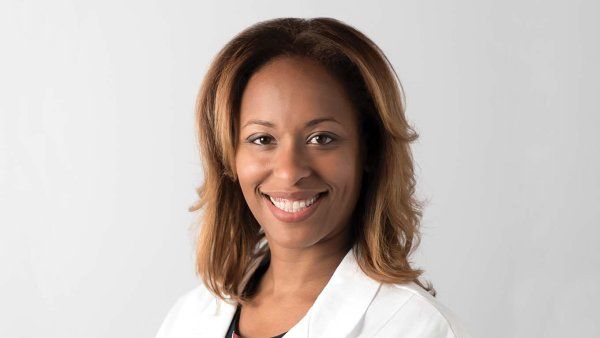
A new treatment approach draws on research into the unique teenage brain.
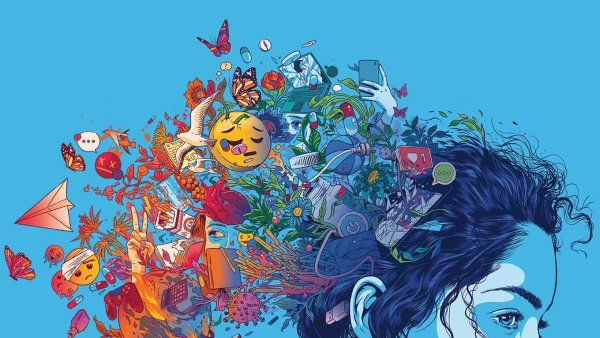
UCSF School of Nursing Dean Catherien Gilliss, PhD, RN, FAAN announces plans to step out of the deanship at the end of December 2023.
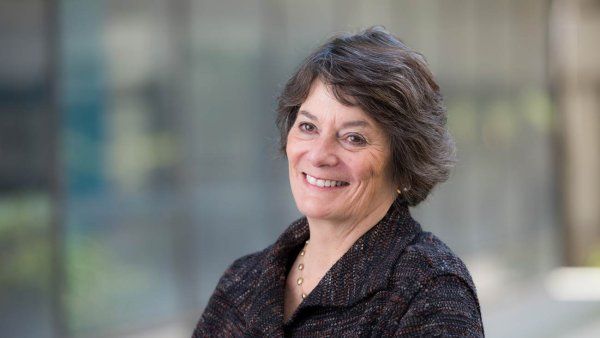
Quantitative Biosciences Institute’s Nevan Krogan reflects back on the COVID-19 pandemic and how internal and external communications, funding and international partnerships all contributed to a speedy COVID-19 response.
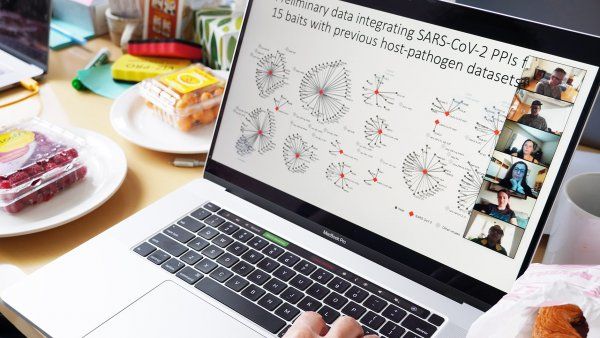
Two UCSF scientists – James Gardner, MD, PhD, and Rebeca de Pavia Fróes Rocha, PhD – have received Pew awards for their work in immunology as part of a program that supports promising early-career investigators.
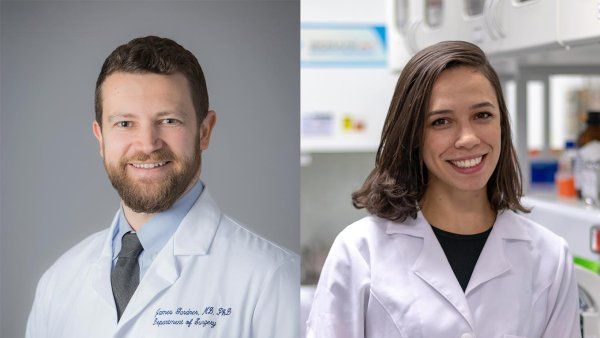
Two new oral polio vaccines will help limit the amount of new polio strains and outbreaks by genetically engineering weakened polio virus in the oral vaccine to reduce reversion to dangerous forms.
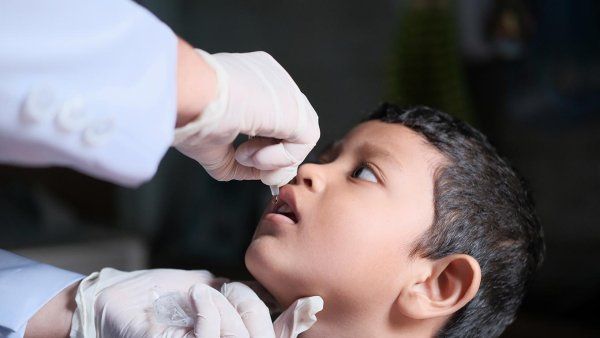
Caro Reyes, a project manager at UCSF’s Office of Communications, shares her story about her journey in managing chronic neuropathy, musculoskeletal pain and mobility issues. She discusses what her disability has taught her, and how workplaces can help accommodate staff with disabilities.
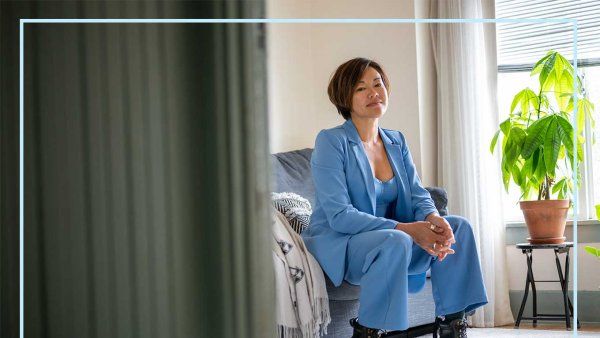
A new study shows that percutaneous coronary intervention can improve patient outcomes in communities with unmet needs.

UCSF researchers developed an approach to measure an over-the-counter allergy medication’s effectiveness in repairing brain damage from multiple sclerosis (MS), making it possible to also assess future therapies for the disorder.
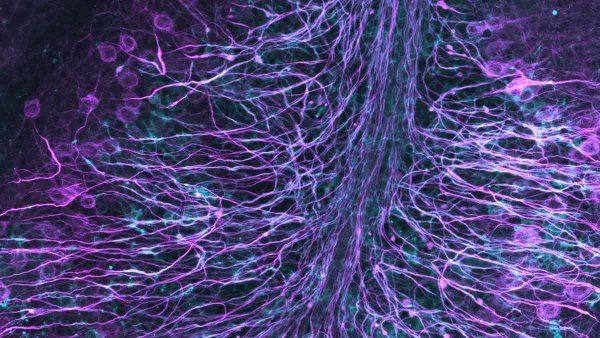
Julia Adler-Milstein, PhD, has been appointed chief of the newly created Division of Clinical Informatics and Digital Transformation (DoC-IT) at UCSF. The new division will promote the integration and application of information technology to improve patient care.
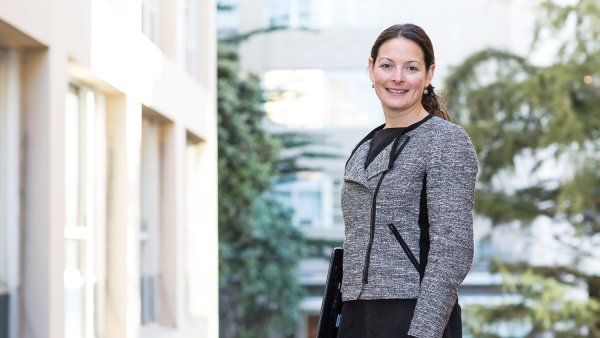
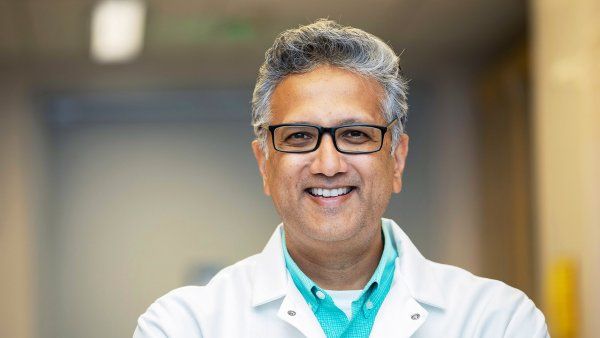
Laws in many states require notifying women if they have dense breasts, a risk factor for breast cancer. But density shouldn’t be the only factor in determining whether supplemental screening is
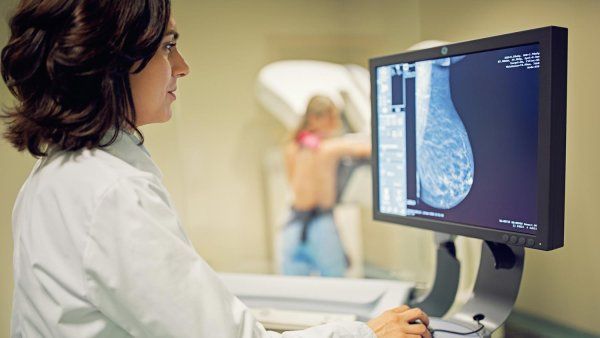
As mental health needs rise in California, the UCSF Child & Adolescent Psychiatry Portal (CAPP) helps educate and train primary care physicians and pediatrics to provide support to patients with psychiatric needs.
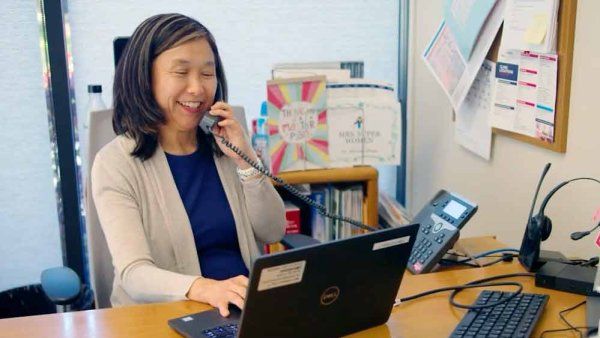
UCSF researchers tested nitroglycerin patches, an treatment for chest pain from coronary artery disease, for menopausal hot flashes. Short-term benefits were seen, but not long-term as some side effects occurred.

Oncology specialists from around the globe will gather for the American Society of Clinical Oncology (ASCO) Annual Meeting to discuss the latest cancer therapies, technologies, research and education.

Taking into account genetic factors that can change PSA levels not associated with cancer, the screening accuracy can be improved.

UCSF’s analysis of previously secret industry documents reveals that the chemical industry suppressed knowledge of health harms caused by PFAS exposure, mirroring tactics used by the tobacco industry and highlighting the need for stricter regulation and precautionary principles in chemical regulation.

Nine faculty, staff and students were honored for their public service, excellence in nursing and exceptional service to UC San Francisco at this year’s UCSF Founders Day Awards event.
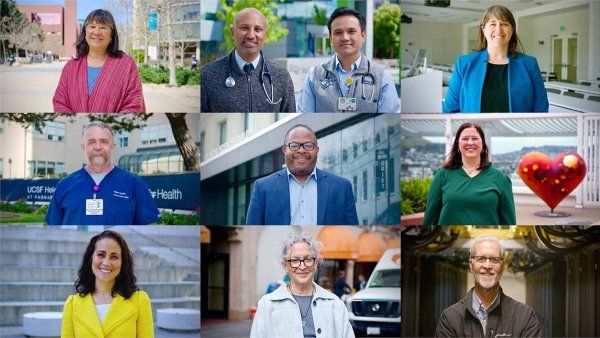
UCSF researchers discover how gabapentin interacts with calcium channels, opening doors for more effective treatments in epilepsy and Lupus by influencing channel biogenesis.
